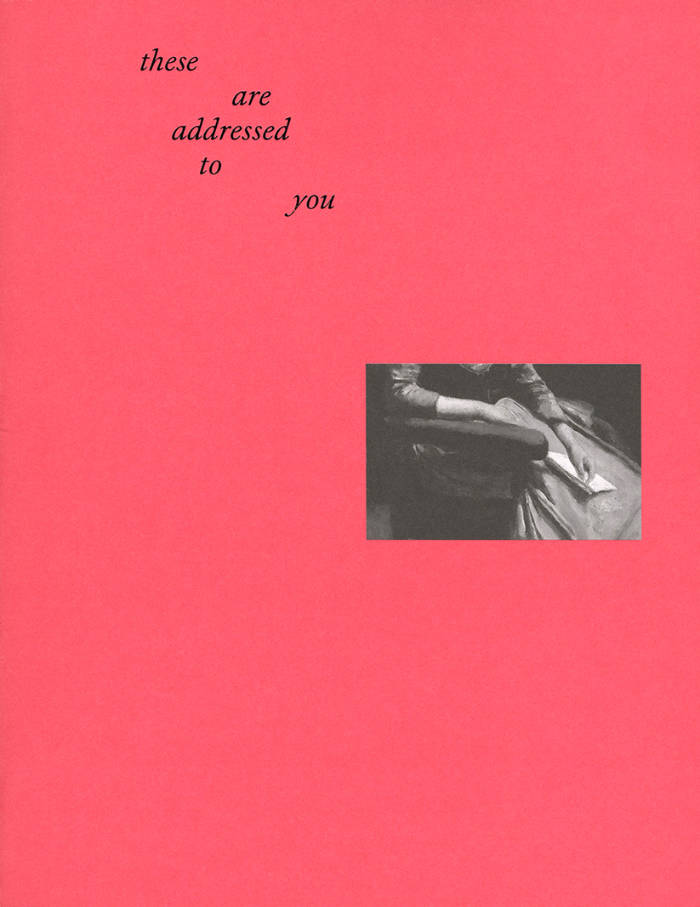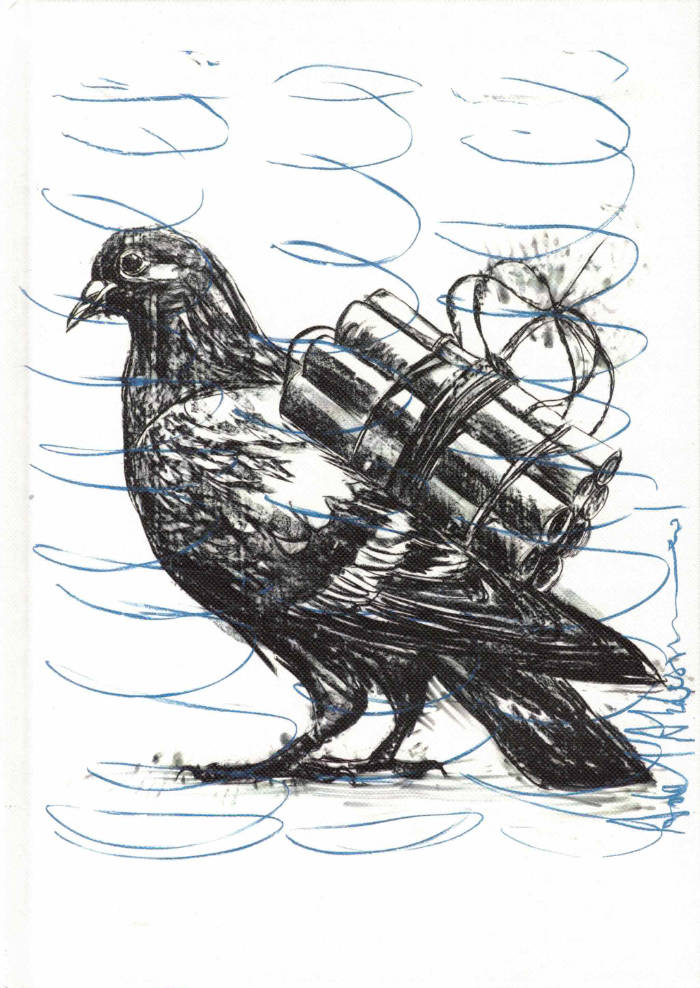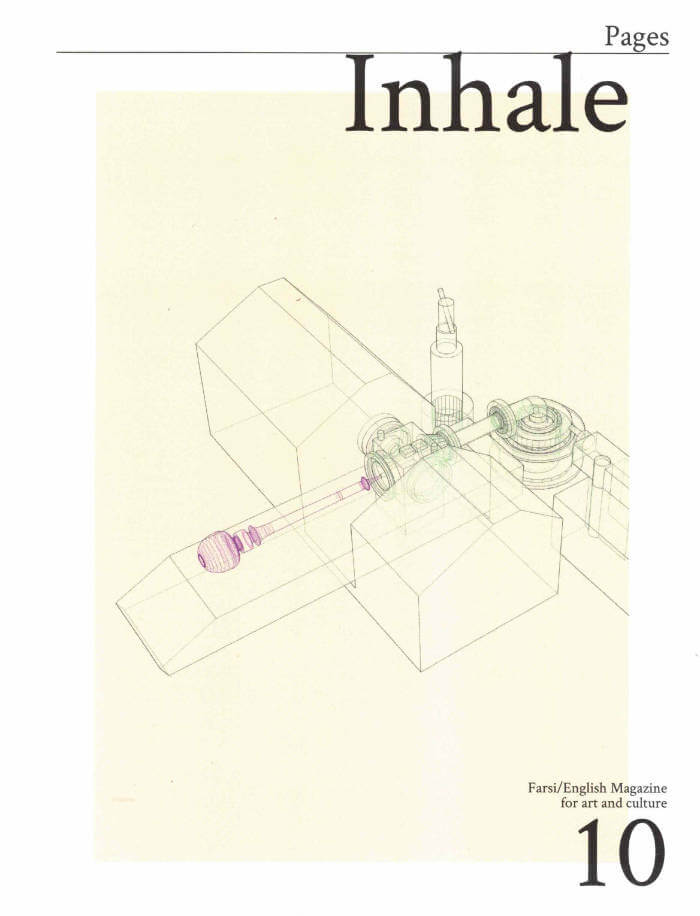
As Celebration, As Critique, As Play: Ron Hunt, Selected Writings (1957-2020)
The first standalone title on the BFTK imprint, ‘As Celebration, As Critique, As Play’ pulls together selected writings by Ron Hunt across his varied career as a writer, librarian, curator, critic and self described ‘lapsed anarchist’. Structured as a ‘biographic bibliography’ supplemented with annotations and contextual notes, ‘As Celebration, As Critique, As Play’ combines commissioned writing and previously unpublished texts that range from exhibition catalogue essays and détourned Q&As, to A–Z indexes and cherry-picked readers. Writings reproduced in full include:
Francis Picabia: Introduction (1964)
Yves Klein: A Mythopoeic of the Plurisignative (1967)
The Arts in Our Time (1968)
We Are Revealing New Pages of Art in Anarchy’s New Dawns (1968)
Interview with Brigitte Bardot (1969) (preview)
Poetry must be made by all! / Transform the world! (1969)
An Interview with Pontus Hultén, Stockholm 1981 (1971)
For Factography! (1976)
Andreas Gursky (1999)
Kalf: A Late Perspective (2000)
Dreams of / Fears of …… Flying (2009)
Fourier / Breton / Cherries (2017)
Hélène Cixous or Waiting for Tears (2018)
Some Books of Barbara Bloom (2019)
A Very Brief Dictionary in the Vicinity of Situationism (2019)
‘Recovery’ / Is Recovery Possible (2020)
with photographs by Tom McCaughan
typeset in Janson Max Neue by Dinamo & Sam de Groot







